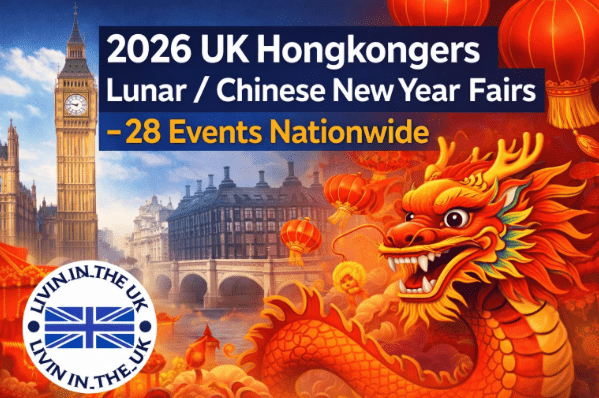The Israel-Palestine conflict has become an international focus, with the United States fully supporting Israel and Iran backing Hamas. China’s stance in the matter is rather delicate.
The catalyst for public debate was Noa Argamani, a 25-year-old Chinese-Israeli mixed-race student. She was taken hostage by Hamas during a peace music festival in southern Israel. The Israeli embassy in China vigorously spread the news, highlighting that Noa was born in Beijing and is of Chinese-Israeli heritage.
However, this news did not garner much sympathy on Chinese social media platform Weibo. Instead, many Chinese netizens adopted an “the enemy of my enemy is my friend” stance, questioning Noa’s Chinese identity, asking, “Is she a Chinese citizen? If not, then she’s just Israeli.” Numerous Chinese nationalists also flooded the Israeli embassy’s Weibo account with messages in support of Hamas. As a result, the embassy disabled comments on its posts.
Hu Xijin, the Editor-in-Chief of the Global Times, known for his pro-China views, wrote on Weibo that the Israel-Palestine conflict is complex, but “generally speaking, there is broad sympathy for Palestine.” He pointed out that even though Israel’s reconciliation policies are accepted by the public in many Arab countries, “as long as there’s fighting between Israel and Palestine, people will undoubtedly sympathize with Palestine.”
China’s official position is somewhat in line with this sentiment. In recent years, as China has expanded its influence in the Middle East, President Xi Jinping met with Palestinian President Abbas in June, establishing a strategic partnership to demonstrate friendly relations. In the current Israel-Palestine conflict, while China has not taken a side like Iran, it has called for a ceasefire while emphasizing that the fundamental solution to the conflict is the establishment of an independent Palestinian state, i.e., the “two-state solution.”



